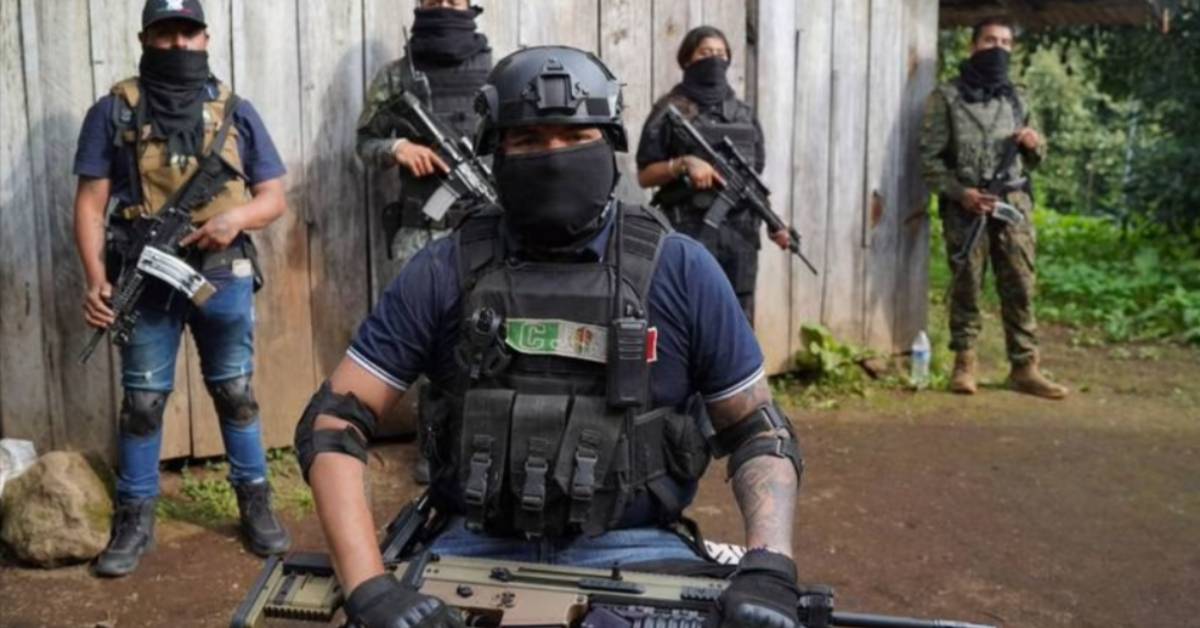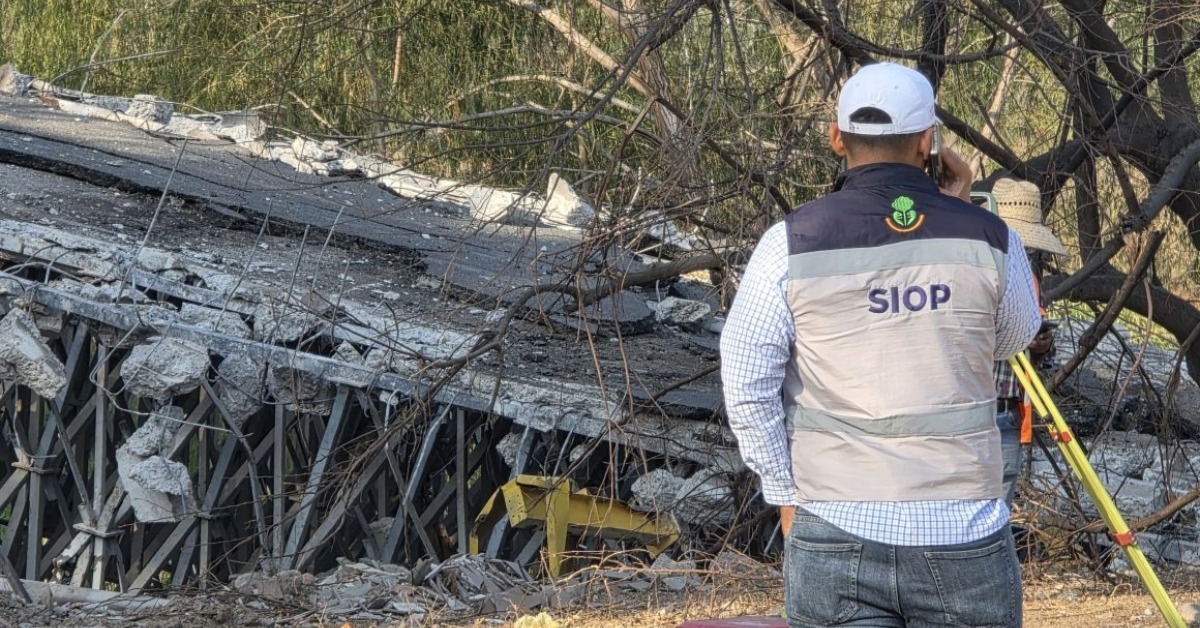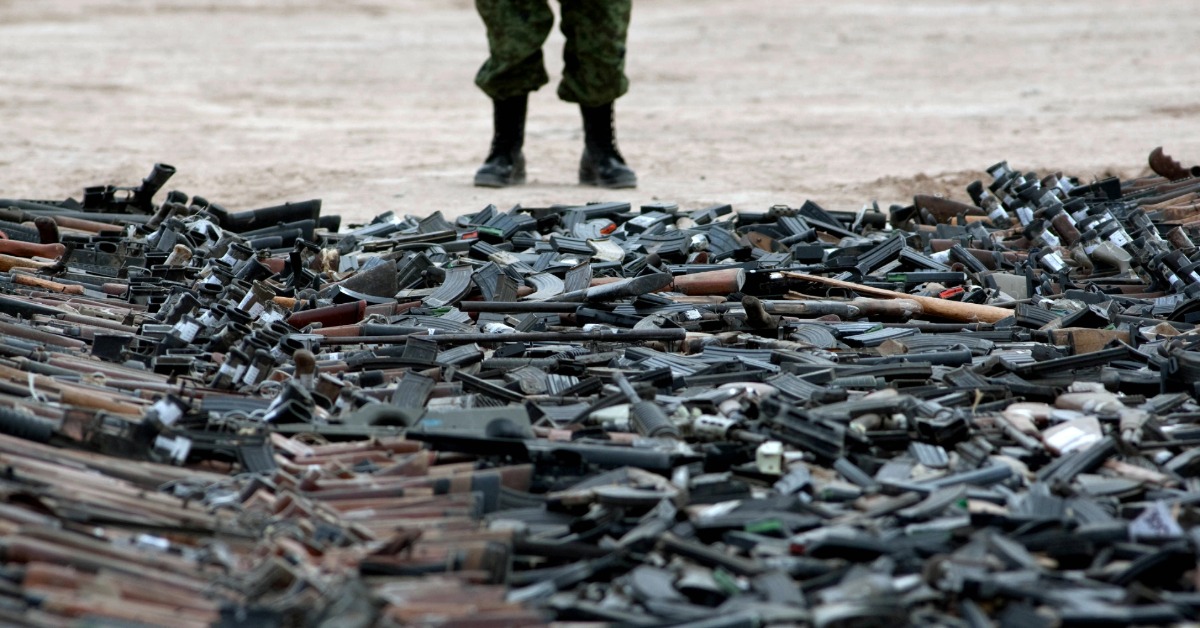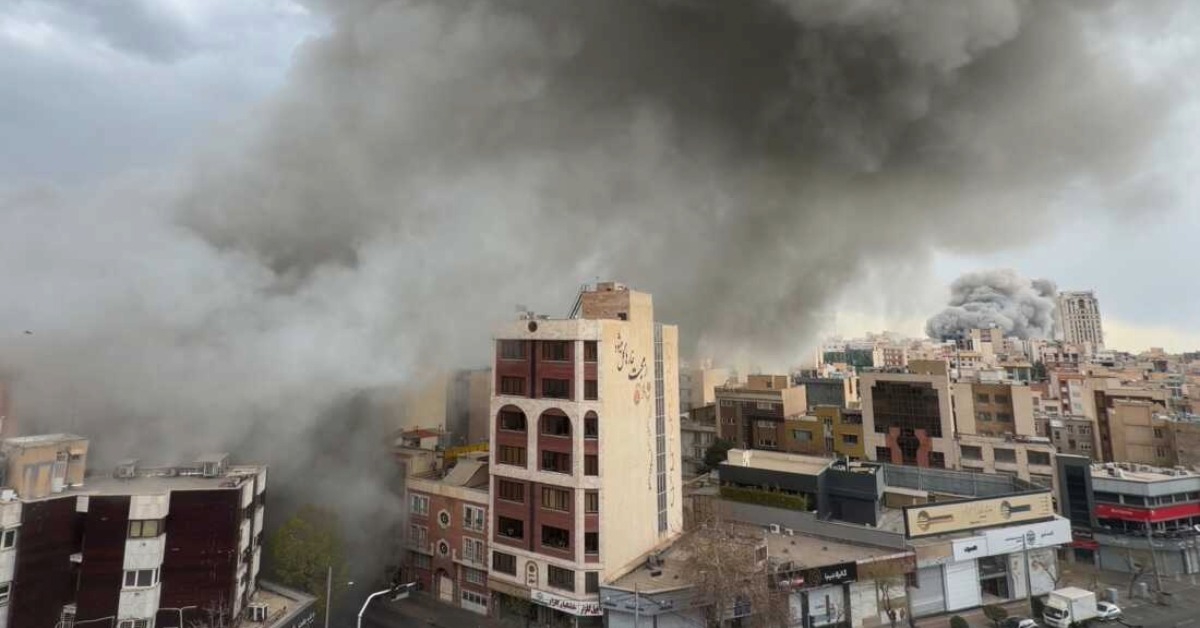In a recent interview with Fox News, former U.S. President and Republican presidential candidate Donald Trump declared his intention to implement a bold strategy to combat drug cartels in Mexico, asserting that they have paralyzed the country and pose a significant threat to its governance.






